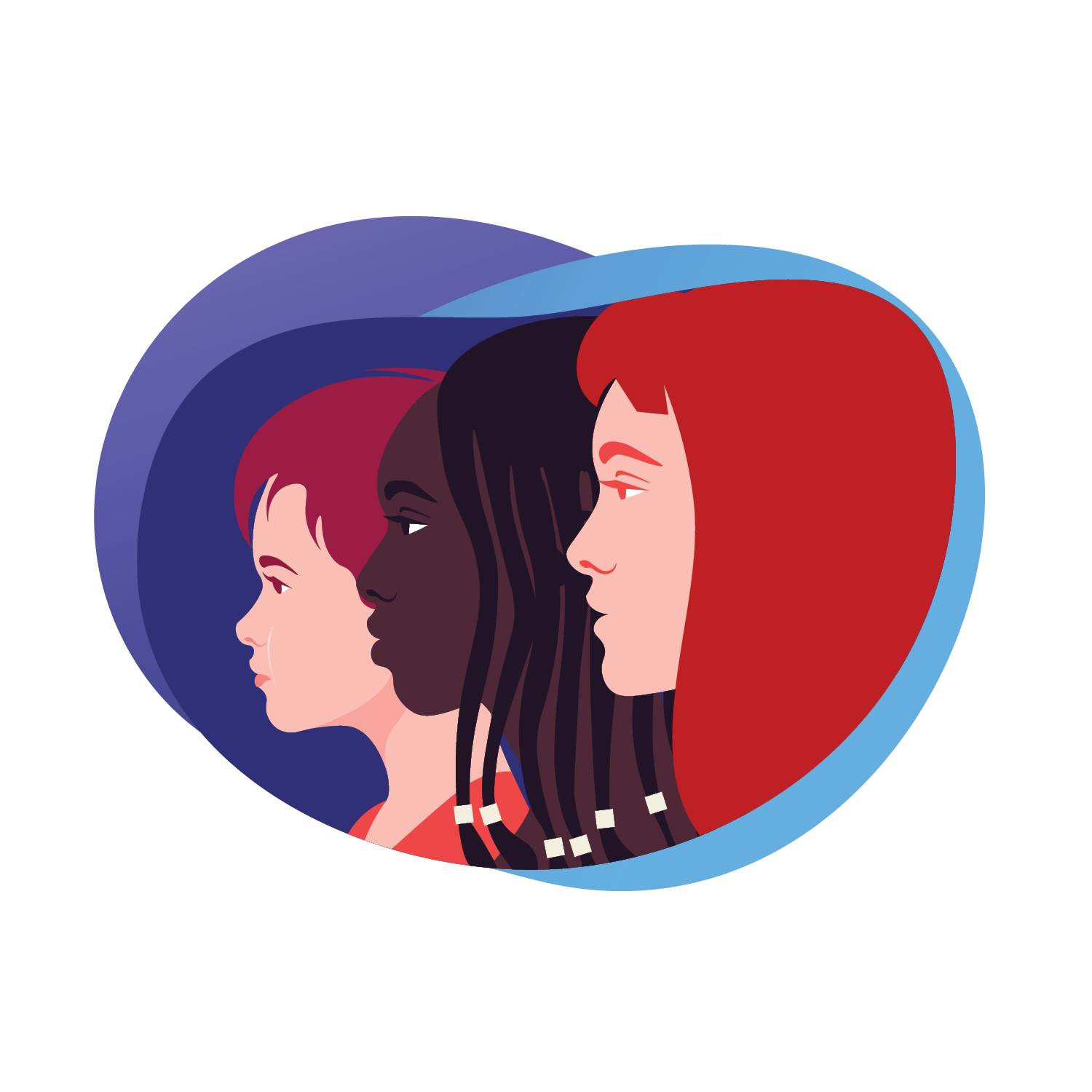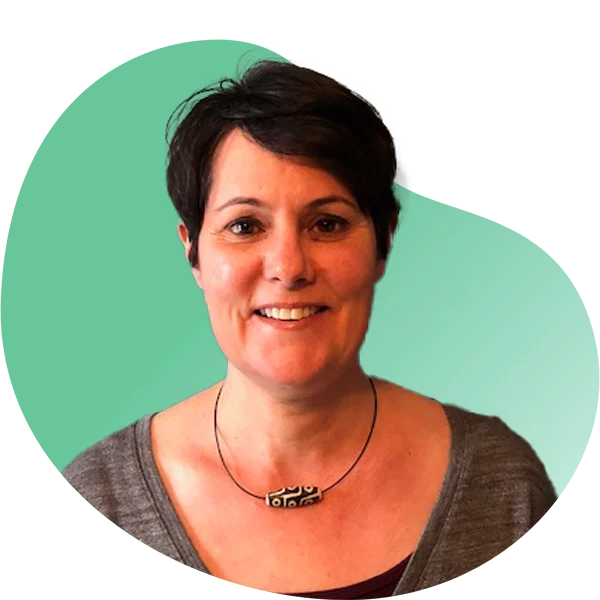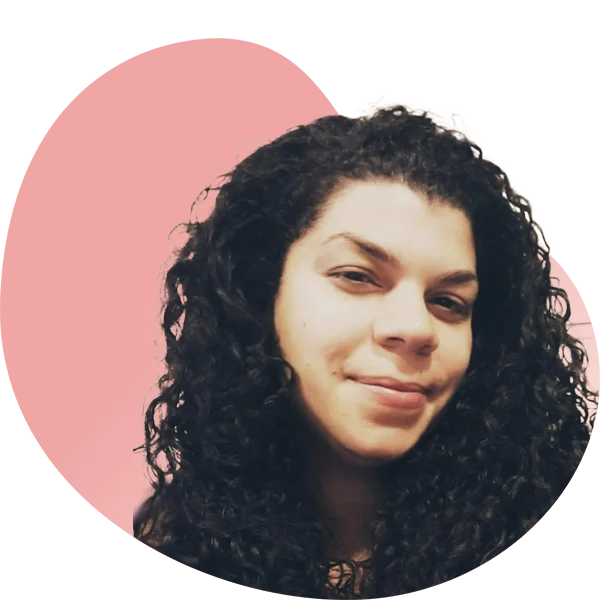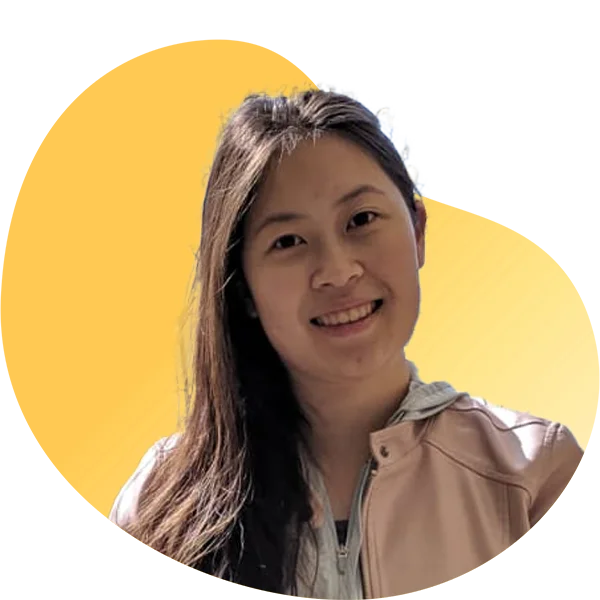FREE WEBINAR SERIES
FASD and Education Across the Lifespan, a three-part series
September 11, 18 and 25
12:00 – 1:30 p.m.

This free three-part webinar series will explore the complexities of navigating the education system at the elementary, secondary and post-secondary levels. These webinars are designed to provide support for learning, encourage questions and empower individuals with FASD and their families. Esteemed guest speakers will share valuable insights on effectively collaborating within the education system, and securing inclusion and accessibility supports. Participate in these informative sessions to gain a deeper understanding of education and support available for individuals with FASD at various stages in their academic journey.
Webinar Series Details
Part one, Elementary
SEPTEMBER 11, 2023
12:00 P.M. – 1:30 P.M. (EDT)
PRESENTED BY TRACEY O’REGAN, COMMUNITY INCLUSION AND SELF ADVOCATE SUPERVISOR AND EDUCATIONAL CONSULTANT.
The excitement of children beginning school is an incredible journey. It marks the beginning of a journey towards knowledge, growth and endless possibilities. As a parent, guardian or caregiver of a child with a developmental disability it is crucial to be aware of best practices and next steps to ensure your child receives equitable access to education.
This webinar will explore effective strategies for supporting students with disabilities in their educational setting by discussing the subsequent steps that follow registration, how to promote collaboration among yourself, educators and school administrators, and best practices to ensure your child has the best possible educational experience. Together we will review the importance of collaboration and how to advocate for your child through difficult situations.
Part two, Secondary
SEPTEMBER 18, 2023
12:00 P.M. – 1:30 P.M. (EDT)
PRESENTED BY COURTNEY FARROW-LAWRENCE, FASD SERVICE COORDINATOR, AND YUNN WONG, TEACHER IN THE FASD/TDSB HIGH SCHOOL CLASSROOM.
Last September 2022, Surrey Place started a new program partnered with the Toronto District School Board. A classroom through the Education Community Partnership Program which challenged our conventional ways of both providing treatment and education, The Classroom Celebrating Neurodiversity. A classroom where we made space to uphold Indigenous understandings of healing and education. Our classroom also operates with the foundational belief that our children/youth are our teachers and community members with physical and/or neuro diversity have important gifts for us to learn from.
The Classroom Celebrating Neurodiversity supports youth from grades 10-12 who are diagnosed with FASD (Fetal Alcohol Spectrum Disorder), or suspect they have FASD, who have not found success in the educational system and needed therapeutic support. Most of our students have been out of school for about 6 months prior to registering with our classroom and have significant trauma backgrounds and overlapping diagnoses. Our students finished off a momentous year: receiving excellent grades; attending school regularly and becoming leaders and teachers for our community.
Our presentation will cover:
- How our classroom operates differently than other classrooms/programs;
- How our program integrates education and therapy;
- How our teacher up lifts ways of understanding indigenous knowledge and history from an education lens;
- How Indigenous understanding of healing and connection to the land are at the foundation of therapy and needs-based supports and,
- Our student’s feedback from the classroom’s first year of service.
Part three, Post Secondary
SEPTEMBER 25, 2023
12:00 P.M. – 1:30 P.M. (EDT)
PRESENTED BY REPRESENTATIVES FROM ONTARIO COLLEGE AND UNIVERSITY ACCESSIBILITY AND ACCOMMODATIONS DEPARTMENTS
Join us for an enlightening and empowering panel discussion dedicated to raising awareness about Fetal Alcohol Spectrum Disorders (FASD) and exploring accessibility and inclusion services for post-secondary students in Ontario. This unique round table event is specifically designed for transitional aged youth (16-21) and adults with FASD, as well as their circle of support. Our panel consists of experts in the field of post-secondary education. They will shed light on how inclusion and accessibility services are provided, to ensure students with an FASD diagnosis have equitable access to education. You will have the opportunity to engage in meaningful conversations with knowledgeable professionals and passionate advocates deeply invested in improving the educational experience for those affected by FASD.
Presenters

Tracey O’Regan
Tracey O’Regan is a dedicated Community Inclusion and Self Advocate Supervisor and Education Consultant at Community Living Toronto, an organization committed to enhancing the lives of people with intellectual disabilities. With a deep passion for education, Tracey has devoted her career to empowering families and individuals to navigate the educational system effectively. As an advocate, Tracey works to ensure that individuals with intellectual disabilities have access to inclusive and quality education.
In addition to her advocacy work, Tracey is a skilled facilitator who leads impactful sibling workshops. Recognizing the unique challenges faced by siblings of individuals with intellectual disabilities, Tracey creates a safe and nurturing space for them to share experiences, gain valuable insights, and develop a strong support network. Tracey has also designed workshops around developing relationships entitled “ Relationships and You” which she has facilitated for community members and students within the Toronto District School Board and the Toronto Catholic District School Board.
With her extensive knowledge and expertise, Tracey serves as a presenter on education rights and responsibilities. Through her engaging presentations, she educates and empowers parents, educators, and professionals on the importance of inclusive education and the rights of students with intellectual disabilities.

Courtney Farrow-Lawrence
Gwe’. My ancestry lies in what is now referred to as Nova Scotia in Turtle Island. I am of the Mi’kmaq, African Nova Scotian, Japanese and Acadian French peoples. Over the last 11 years it has been my pleasure to specialize in FASD supports, training, and advocacy while working from an Indigenous worldview to address concurrent and colonial trauma, including the removal from the land, and upholding the importance of traditional Indigenous knowledge. I focus on holistic wellness which starts with our connection to the land. It is also vitally important to me that our youth have a voice, a positive sense of identity and advocates within our communities. I am most grateful to learn from my children and the youth I support, who have given me the opportunity to walk alongside them, for a moment in time, as they journey to becoming our next knowledge keepers – Wela’lin, all our relations hold you up.

Yunn Wong
My name is Yunn Wong and I teach credit courses at the Classroom Celebrating Neurodiversity. I graduated from a TDSB high school in Scarborough and am proud to return to the community I grew up in as an educator. I received my Bachelor’s Degree in Music and my Bachelor’s Degree in Education from Queen’s University. Since my time at Queen’s, I have been passionate about studying factors that could lead to a student being deemed “at-risk”. My pedagogy is centered on how I can dismantle these barriers within the classroom and work with students to create a better and more equitable educational climate within the larger society. This will be my second year as part of the Surrey Place-TDSB multidisciplinary team to support students with a confirmed diagnosis or are suspected of having FASD in their education pathways, mental health, and community goals.